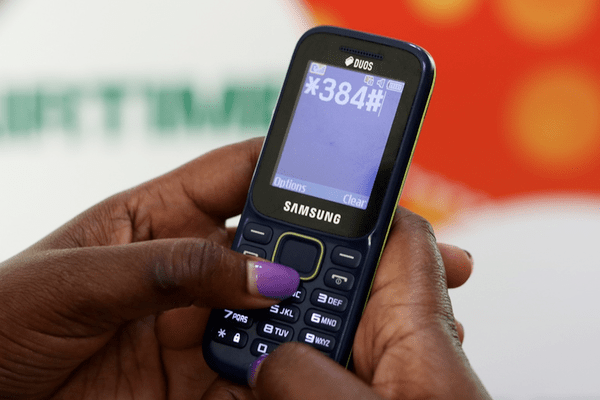In a major shift for Nigeria’s digital financial ecosystem, thirteen commercial banks have fully settled their outstanding debts for Unstructured Supplementary Service Data (USSD) services owed to Mobile Network Operators (MNOs). The remaining three banks are close to finalizing their payments, having cleared over 95% of their dues. This resolution sets the stage for the nationwide adoption of a new billing model that charges customers directly from their airtime balance.
This was disclosed by Engineer Gbenga Adebayo, Chairman of the Association of Licensed Telecommunications Operators of Nigeria (ALTON), during an ‘ASK the Exec’ virtual session hosted by MTN Nigeria. The event also featured Lynda Saint-Nwafor, MTN’s Chief Enterprise Business Officer.
As of January, banks owed a combined N180 billion for USSD services. Adebayo confirmed that 13 of the 17 banks involved have fully paid off their debts, excluding the now-insolvent Heritage Bank. The transition to the new billing model will proceed regardless, with indebted banks allowed to either adopt end-user billing upon full payment or remain on the corporate billing structure once obligations are met.
Under the revised system, customers will now have USSD transaction fees of N6.98 deducted directly from their airtime instead of their bank accounts. This change aims to improve transparency and customer control over transaction costs.
Explaining the transition, Saint-Nwafor said, “The shift to end-user billing eliminates hidden deductions and offers customers a clearer understanding of their charges. They’ll now receive a consent message before any deduction is made.”
The new billing process includes:
- Consent Notification: Customers will be notified of the N6.98 charge and must agree before proceeding.
- Bank Availability Check: MNOs confirm the bank’s system is online before charging.
- Real-Time Billing: Airtime is only deducted after successful connection and service confirmation.
To promote clarity, MNOs have also standardized communication across all operators, ensuring customers are clearly informed of the cause of any transaction failure—whether from the bank’s system or telecom network.
The update also introduced safeguards: if a failed transaction is due to telecom network issues, no charge will be applied, or any deducted amount will be refunded. However, if a bank’s system causes the failure, the charge will still apply, with full disclosure to the user.
Adebayo reassured the public that the cost impact remains unchanged for consumers. “There’s zero net increase. Customers were already paying N6.98 from their bank accounts. The only difference now is the deduction source.”
Importantly, direct airtime and data purchases from bank accounts via specific USSD strings (e.g., *73710000# for N10,000 airtime) will be zero-rated—meaning no charge applies. Customers are encouraged to use these specific strings to avoid unnecessary fees, and awareness campaigns are being rolled out to inform the public.
Addressing concerns about access for users in unbanked or low-airtime areas, Adebayo emphasized the value of USSD banking. “The N6.98 fee is far cheaper than the cost of traveling to a physical bank. Customers can still buy airtime from their bank accounts without airtime, provided they have sufficient funds.”
With regulators closely monitoring the process and MNOs submitting monthly performance reports, this transition marks a significant move toward transparency, customer empowerment, and a more efficient mobile banking experience in Nigeria.

